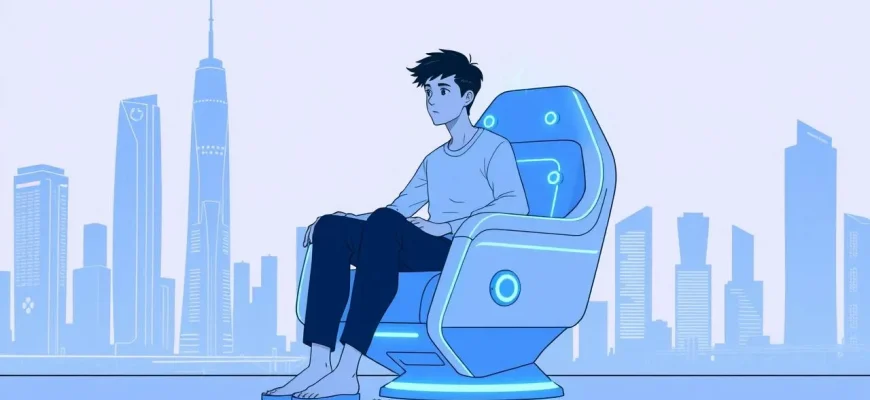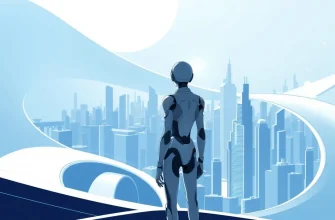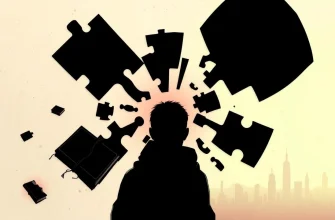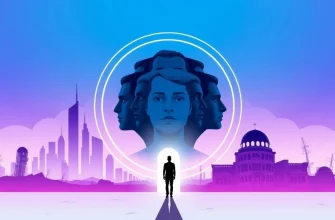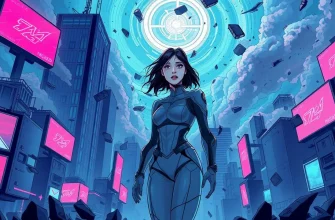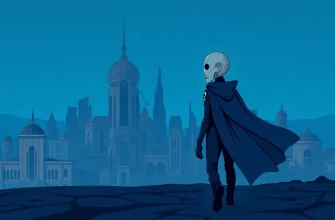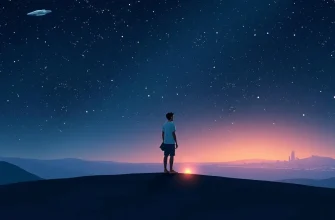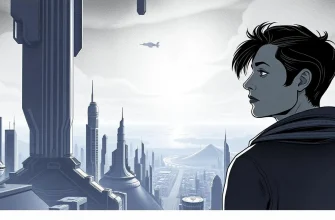This curated list of 10 science fiction films focuses on the theme of teenage depression, offering viewers a blend of imaginative storytelling with deep emotional resonance. These films not only entertain but also provide insights into the mental health struggles of young individuals, making them valuable for both those experiencing similar issues and those looking to understand them better.

A.I. Artificial Intelligence (2001)
Description: This Steven Spielberg film explores themes of identity, love, and existential loneliness through the eyes of a childlike android, David, who yearns for his mother's love.
Fact: Originally conceived by Stanley Kubrick, the film was completed by Spielberg after Kubrick's death.
 Watch Now
Watch Now 
Waking Life (2001)
Description: This animated film follows a young man through a series of dream-like experiences, touching on themes of existentialism and the search for meaning in life.
Fact: The film was rotoscoped, a technique where animators trace over live-action footage frame by frame.
 Watch Now
Watch Now 
Donnie Darko (2001)
Description: A cult classic that intertwines time travel, alternate realities, and mental health issues, focusing on a troubled teenager's journey through existential crises.
Fact: The film was shot in just 28 days, and its initial release was limited due to the 9/11 attacks.
 Watch Now
Watch Now 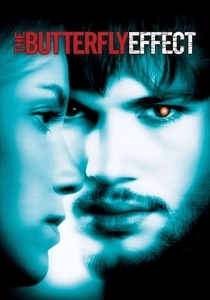
The Butterfly Effect (2004)
Description: This film delves into time travel and the psychological impact of changing one's past, highlighting the protagonist's struggle with his traumatic childhood and its effects on his mental health.
Fact: The film had several alternate endings, with the theatrical release being the most optimistic.
 Watch Now
Watch Now 
The Science of Sleep (2006)
Description: Michel Gondry's film blurs the line between dreams and reality, exploring the protagonist's struggle with depression through his vivid dream world.
Fact: The film uses a mix of stop-motion animation and live-action to depict the dream sequences.
 Watch Now
Watch Now 
Melancholia (2011)
Description: Lars von Trier's film uses the impending collision of a rogue planet with Earth to mirror the protagonist's descent into depression, capturing the essence of existential despair.
Fact: The film's opening sequence is a montage of slow-motion scenes set to Wagner's "Tristan und Isolde."
 Watch Now
Watch Now 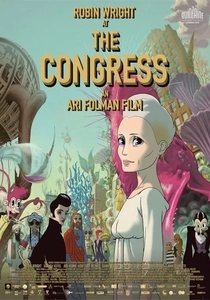
The Congress (2013)
Description: Partially animated, this film explores a future where actors sell their digital likenesses, delving into themes of identity, reality, and mental health.
Fact: The film is based on Stanislaw Lem's novel "The Futurological Congress."
 Watch Now
Watch Now 
The Edge of Seventeen (2016)
Description: While not strictly sci-fi, this film uses elements of surrealism to explore the intense emotional landscape of a teenage girl dealing with depression and loss.
Fact: The film was praised for its realistic portrayal of teenage angst, and Hailee Steinfeld's performance was critically acclaimed.
 Watch Now
Watch Now 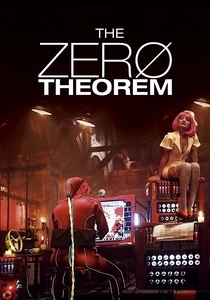
The Zero Theorem (2013)
Description: Directed by Terry Gilliam, this film follows a reclusive computer programmer dealing with existential dread and depression, set in a dystopian future.
Fact: The film features a cameo by David S. Pumpkins, a character from a Saturday Night Live sketch.
 Watch Now
Watch Now 
The Signal (2014)
Description: While primarily a sci-fi thriller, it touches on themes of isolation and the psychological effects of being thrust into unknown situations, akin to the feelings of depression.
Fact: The film was shot in sequence to capture the genuine reactions of the actors as they learned the story.
 Watch Now
Watch Now 
